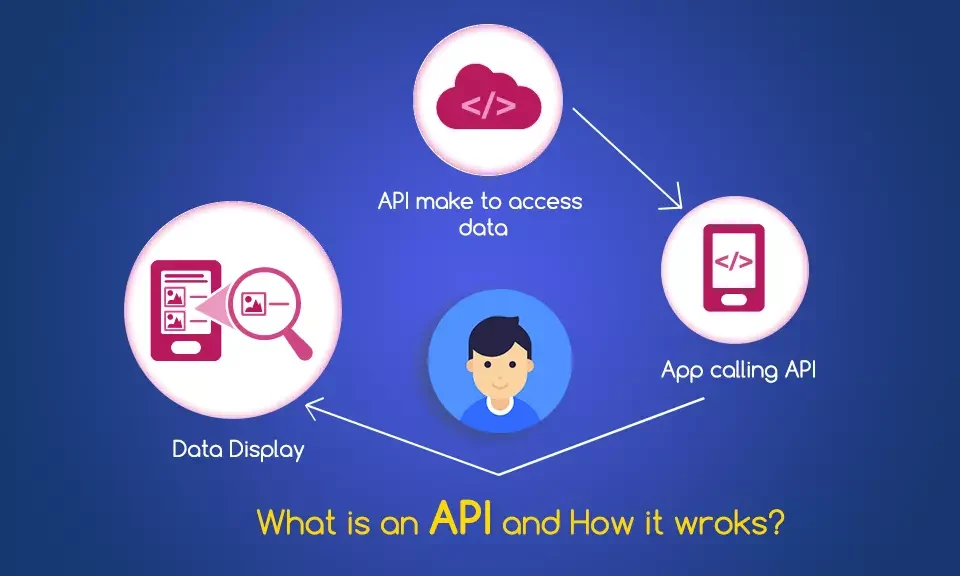
The Impact of Artificial Intelligence on Daily Life.
July 8, 2025Top Career Skills to Learn Before Graduation.
July 9, 2025Over the past few years, the way people work has changed a lot. Before, most people had to go to an office or a workplace every day. But now, many people work from home, coffee shops, or even while traveling. This is called remote work — working from a place other than a regular office, using the internet and technology. The COVID-19 pandemic made remote work more common, and now it’s becoming a normal part of life. But what will happen next? Let’s explore the future of remote work and what changes we can expect.
One big trend is that remote work is here to stay. Even though offices are open again, many companies allow their workers to stay home full-time or a few days a week. This is called a hybrid model. In the future, more companies will use this model because it helps workers feel more comfortable and saves money on office space. People are now choosing jobs based on whether remote work is possible. This means companies need to offer flexible working options if they want to hire the best talent.
Technology will play a bigger role in the future of remote work. Tools like Zoom, Microsoft Teams, and Google Meet already help people attend meetings from anywhere. But in the future, there will be even better tools — like virtual reality meetings where you feel like you’re sitting in a room with your coworkers. Also, more apps will help teams manage their tasks, time, and communication better. As technology improves, remote work will become even easier and more productive.
In the past, most people had to wake up early, get dressed, and travel to a physical office or workplace every day. But today, things have changed. Many people now work from home or any place where they can use a laptop and the internet. This is called remote work. It allows people to do their jobs without going to an office. During the COVID-19 pandemic, remote work became a normal part of life, and now it’s shaping the future of how we all work.
Technology Will Make Remote Work Easier
The future of remote work will rely heavily on better technology. Today, we use video calling apps like Zoom, Google Meet, and Microsoft Teams. But soon, we may attend meetings in virtual reality, where it feels like we’re sitting in a real room with other people, even if they are far away. There will also be smarter tools for team chats, file sharing, and task management. The more technology improves, the easier and more fun remote work will become.
Remote Work Means Global Opportunities
One of the most exciting things about remote work is that it removes location limits. In the future, companies will hire people from anywhere in the world — not just from the same city or country. This gives workers more chances to apply for good jobs, and it helps companies find the best talent from across the globe. But it also means people will need to work with teammates from different countries, cultures, and time zones. Learning to work with others online will become an important skill for future jobs.
Work-Life Balance and Mental Health Matter
While remote work has many benefits, it can also bring challenges. Some people feel lonely when they don’t meet others face-to-face. Others find it hard to separate work from personal life. This can lead to stress or burnout. In the future, companies will have to focus more on mental health support, regular breaks, and creating online social activities. Remote work should not only be about doing tasks but also about caring for people’s well-being.
Students Must Learn Remote Work Skills Early
Today’s students are tomorrow’s workers. That means learning how to succeed in remote work is very important. In the future, schools and colleges may teach students how to manage time, work in teams online, use collaboration tools, and stay focused without being in a classroom. These skills are just as important as reading, writing, or math. By learning them early, students will be better prepared for remote work in any career they choose.
Online Internships and Part-Time Jobs
As remote work grows, students will also have more chances to do internships or part-time jobs from home. For example, a student in India could do a remote internship for a company in the USA without leaving their house. This will help students gain real-world experience, build confidence, and improve their resumes. The future of remote work is full of possibilities for students who want to learn and grow.
Remote Work Will Change Cities and Lifestyles
When more people work from home, fewer people travel to offices every day. This means there will be less traffic, less pollution, and fewer people crowding in big cities. In the future, people might move to smaller towns or peaceful villages and still do high-paying jobs through remote work. This can lead to healthier lives, closer families, and better work-life balance.
The Job Market Will Be More Competitive
Since people can apply for remote jobs from anywhere in the world, the competition will increase. To stand out, students and professionals will need to improve their communication skills, computer knowledge, and learn new technologies. Learning English, digital tools, teamwork, and creative thinking will help young people succeed in the remote job market of the future.
New Kinds of Remote Jobs Will Appear
In the coming years, there will be more jobs that can be done from home. For example, content writers, graphic designers, digital marketers, virtual assistants, software developers, online teachers, and social media managers are already working remotely. In the future, new job types will appear — and many of them will be remote-first. This means the job was created to be done remotely from the beginning.
Another prediction is that companies will start hiring people from all over the world. Since workers don’t need to be in the same city anymore, businesses can look for talent in different countries. This gives more people the chance to work with global companies without moving. It also means workers must learn how to work with people from different cultures and time zones. This global teamwork is an exciting part of the future of remote work.
There will also be new rules and systems to protect remote workers. When people work from home, they may face problems like burnout, loneliness, or lack of support. In the future, more companies will focus on mental health, better work-life balance, and fair pay. Governments may also create laws to support remote employees, making sure they have rights just like regular office workers.
One challenge of remote work is staying focused and organized. Without an office, some people find it hard to manage time or separate work from personal life. To solve this, students and professionals will need to improve their self-discipline, time management, and digital skills. Schools and colleges may even start teaching these skills as part of regular education to prepare students for the future.
In education and training, remote work will also bring big changes. Many courses are now online, and students can learn from teachers all over the world. In the future, students may do internships or part-time remote jobs while still studying, gaining real-world experience from their homes. This will help young people understand how remote work really functions before they start their full-time careers.
In conclusion, the future of remote work looks bright, flexible, and full of possibilities. It will allow people to work from anywhere, use new technologies, and connect with teams worldwide. But it also requires new skills, better communication, and more support for workers. For students, understanding and preparing for remote work is important because it may be a big part of their future jobs. As the world keeps changing, remote work will continue to grow — offering freedom, opportunity, and new ways of thinking about what work really means.





